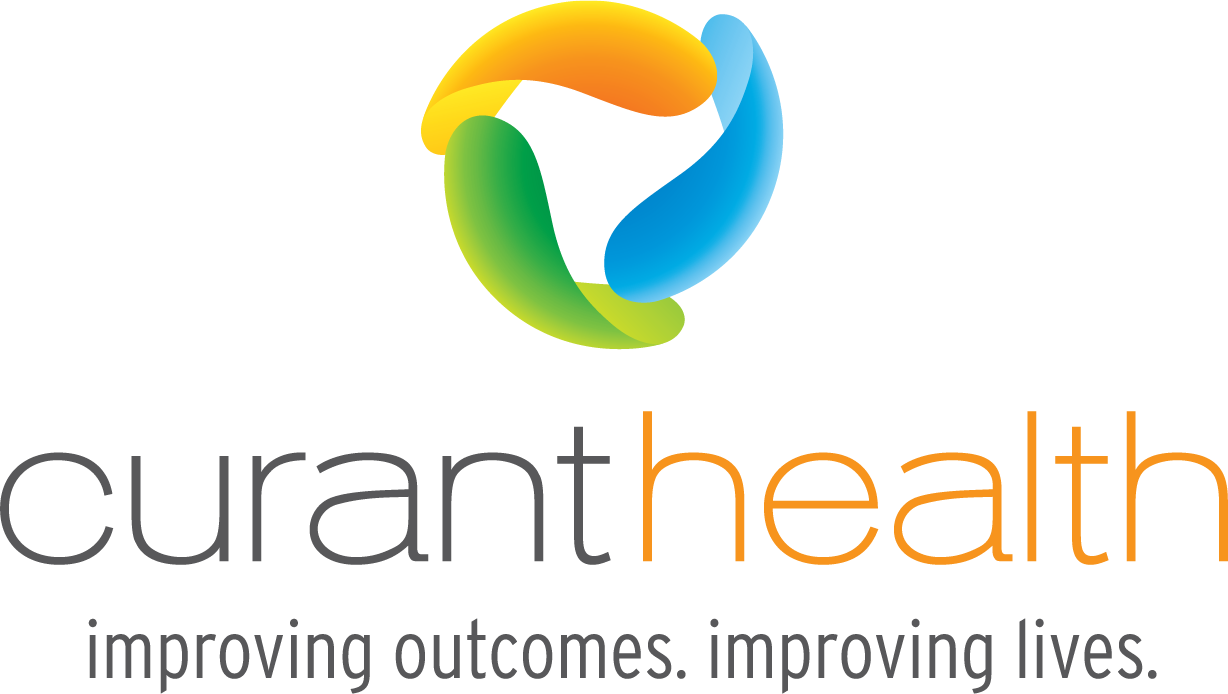What pharma can’t say about outcome-based contracts at J.P. Morgan 2018. Hint: It’s the “P” word.
While the CVS/Aetna deal continues to reverberate throughout the healthcare industry, will it be old news by the time the J.P. Morgan Healthcare Conference kicks off next week? We aren’t entirely sure. But we do believe it will generate plenty of discussion about the problems for which it doesn’t solve, like labor intensive care management, medication management and data sharing needed to improve demonstration of value from high cost drugs and patient outcomes.
Here is the top subject we are most looking forward to discussing with our industry peers at JPMorgan 2018.
Risk sharing, patient persistence and next-gen outcomes based contracts
Outcome-based contracts (OBCs) between pharmaceutical manufacturers and payers still don’t generate value. Rather, they amount to simple rebate agreements. As such, pharma manufacturers are focused on rebate minimization at the moment, not taking any real spend out of healthcare by improving patient outcomes.
Yet these contracts do have the potential to change everything. If only the manufacturers could implicitly talk about the successful route to PERSISTENCE: getting patients on the right therapy and keeping them on it to effectively manage chronic conditions like diabetes, hypertension or even HIV. Unfortunately, Med Legal prevents those discussions from taking place. Consider:
- What does the Aetna/CVS deal mean for pharma manufacturers and next generation OBCs?
- What other types of organizations would share in, and thereby minimize, the risk for OBC principals?
- Which gaps can neither pharma nor payers fill on their own if OBCs are to reach their potential?
- How can OBCs create winning situations for all parties concerned?
- What’s needed to create clinical trial-like conditions in the real world to improve outcomes and value derived from pricey medication therapies?
At some point pharmaceutical manufacturers will need to engage someone like Curant Health, an organization that creates a much closer link to both providers and patients: an organization that is also willing to share in the risks tied to outcome-based contracts.
Harvard Pilgrim’s deal with Amgen broke the dam. Many industry experts still do not believe this will be a big deal. We disagree. Plan sponsors will continue to demand these agreements, particularly for new, costly drugs. They should be a great thing for all concerned. These contracts create a direct agreement between payers and manufacturers. And with the right supplements including care management services that improve adherence and generate patient data critical to the fair adjudication of OBCs, we may well be at the tipping point of real healthcare industry alignment.
As far as we can see, the best pharmaceutical manufacturers can currently hope in terms of improvements in patient persistence is having the specialty pharmacy “do their best” to affect persistence or adherence. It doesn’t have to be that way.
We believe OBCs will generate a great improvement in pharmaceutical manufacturers’ businesses provided they assign internal resources or engage outcomes services providers who are also willing to go at risk by meeting metrics aligned to reduce rebates. Ultimately we envision next-gen outcome-based contracts generating an unintended boon for manufacturers and payers as well: adherence improvements spreading across the entire medication regimen for polychronic patients and plan members.
If you represent a pharmaceutical manufacturer or insurer interested in reducing risk and improving the performance of your next outcome-based contract, we want to meet with you at J.P. Morgan 2018. Contact Kristin Lindsey at klindsey@curanthealth.com.
